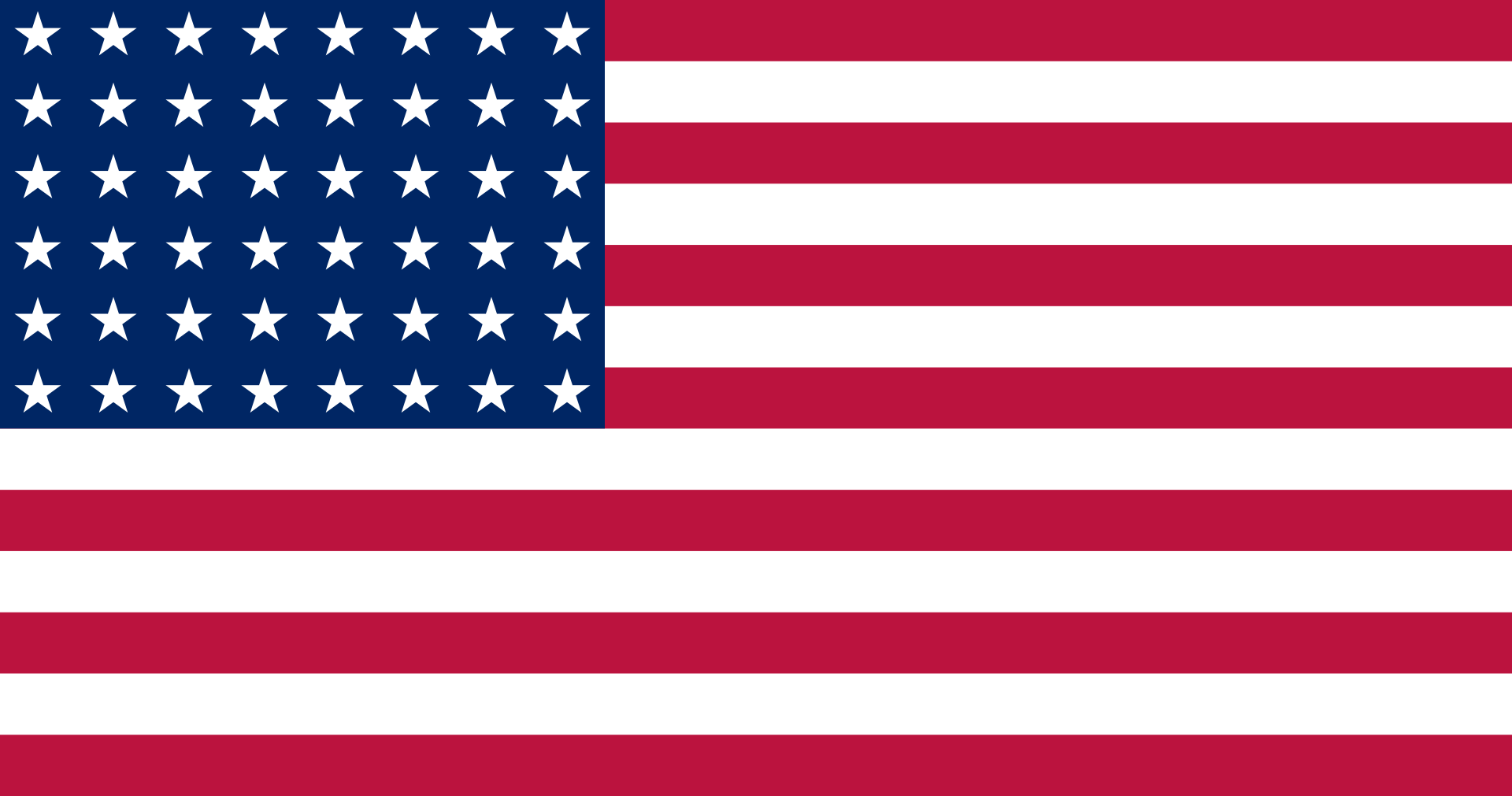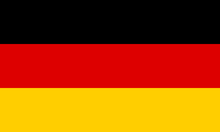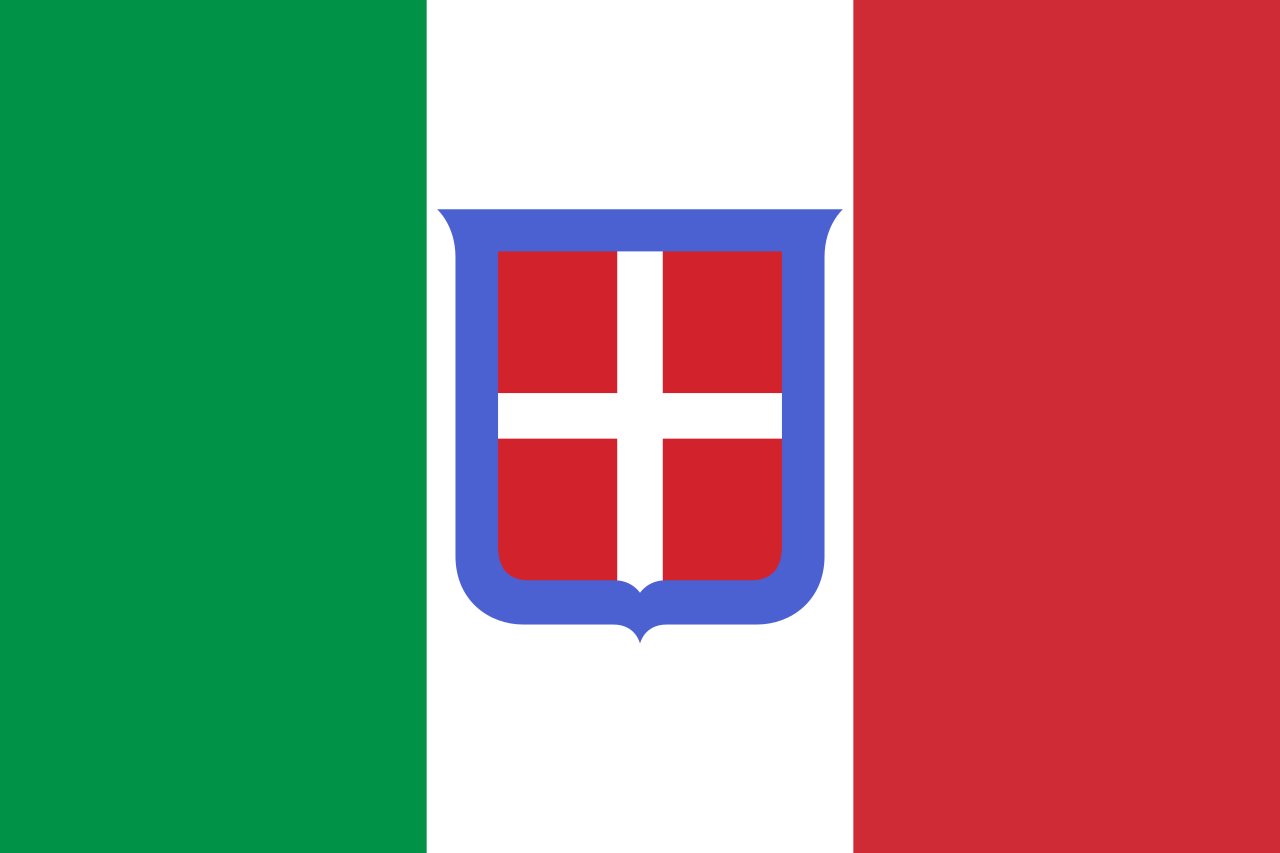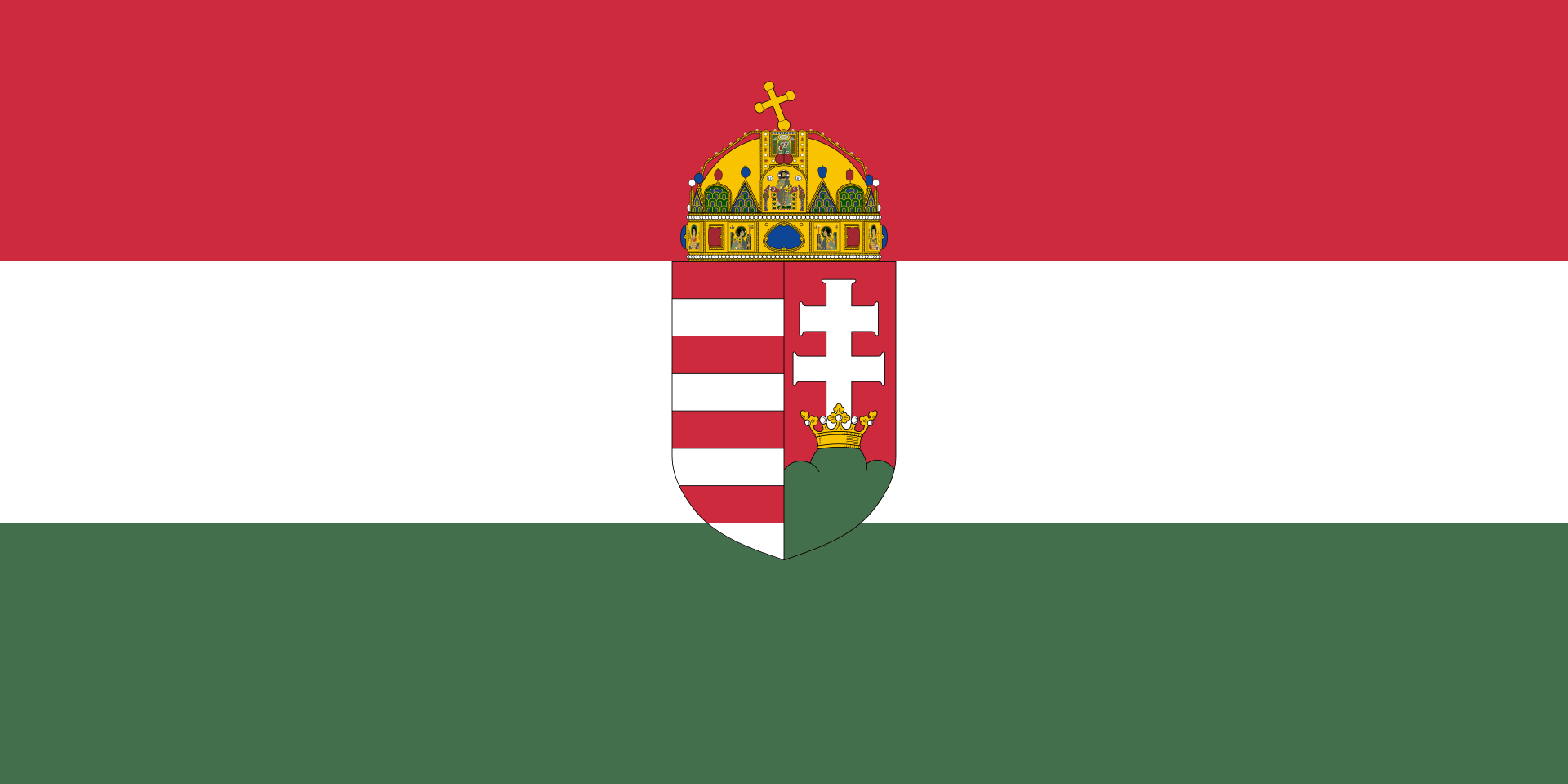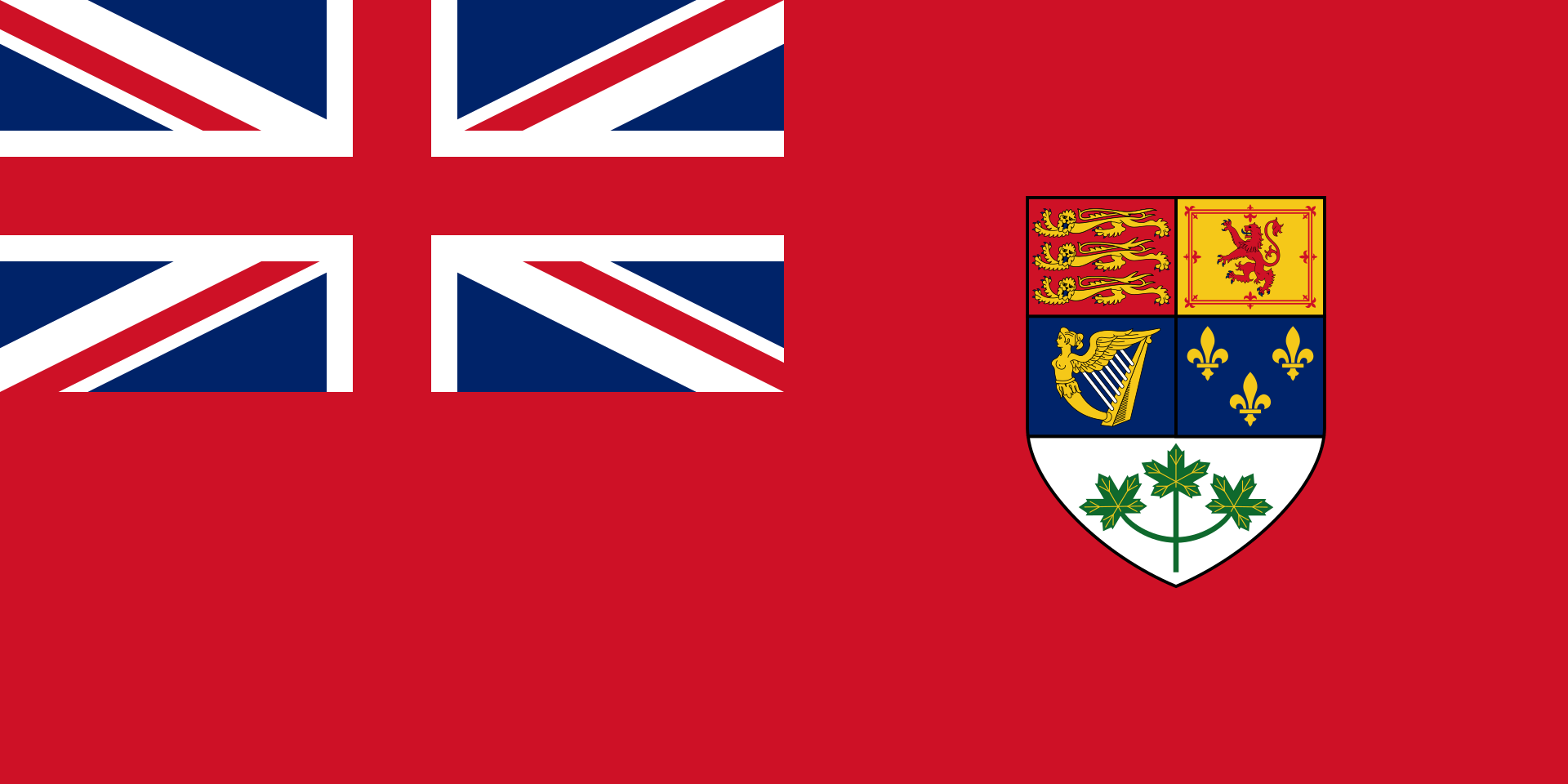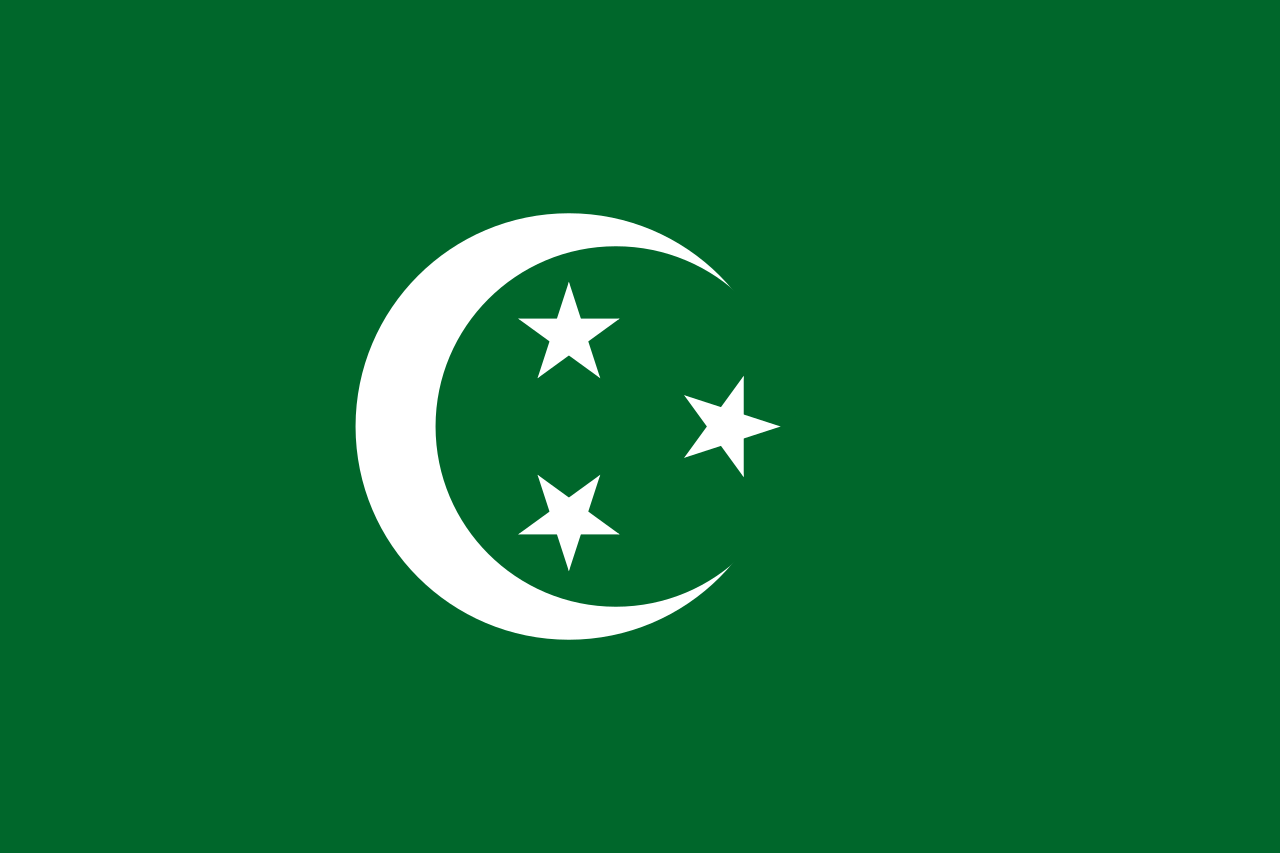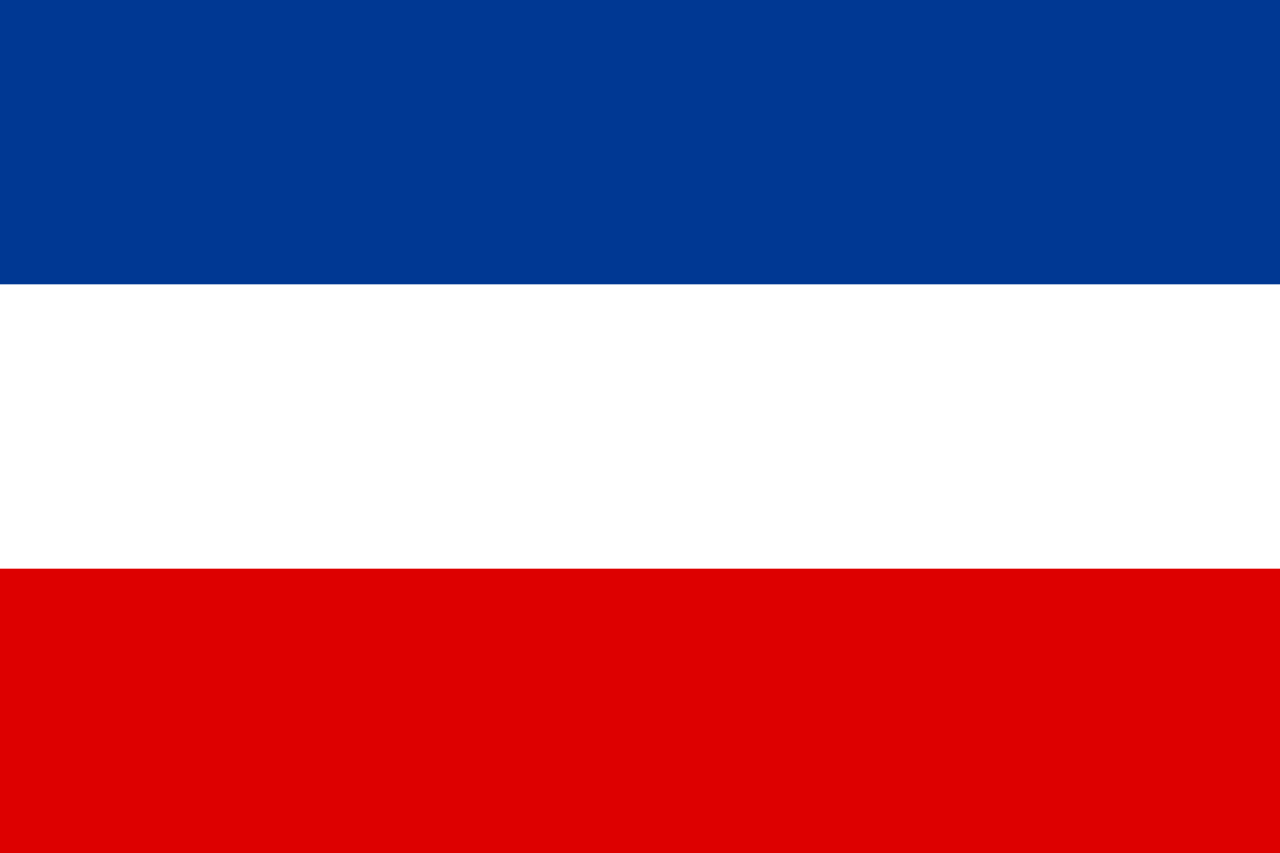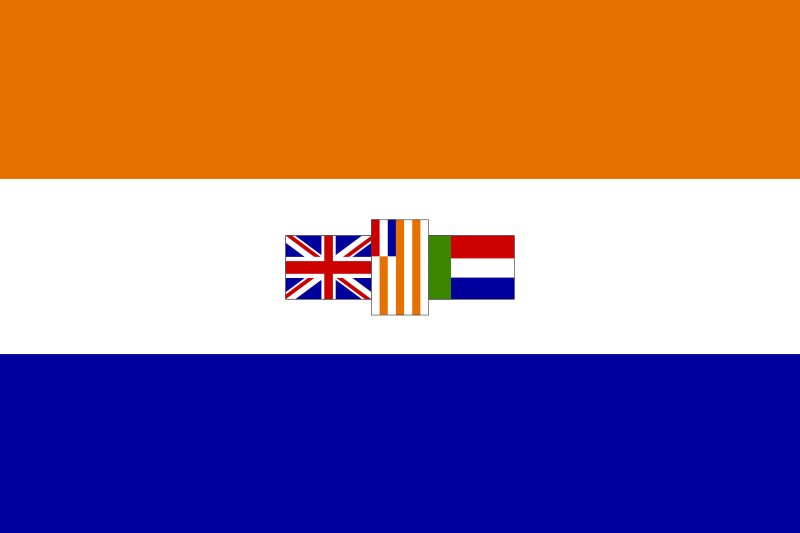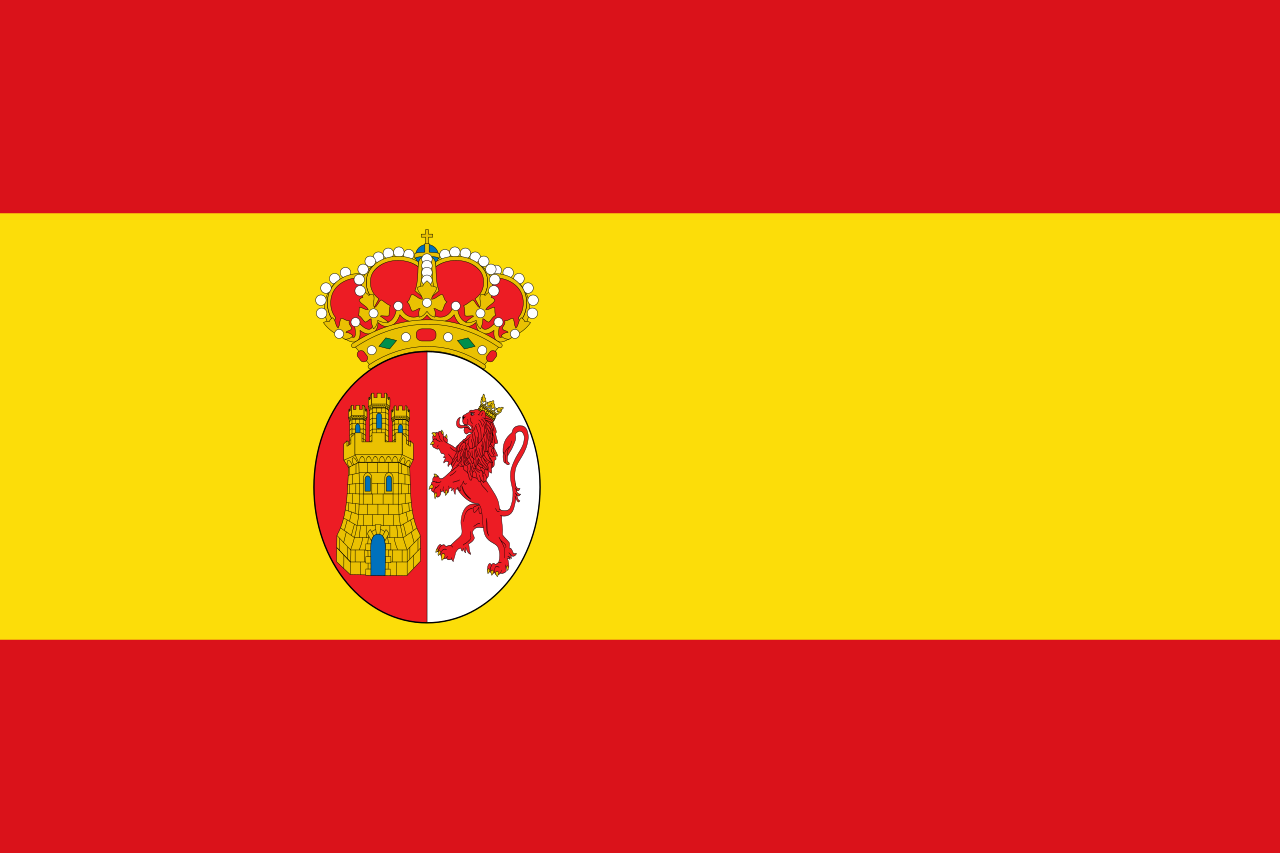
9. Olympic Summer Games
Olympic Medals in the games of 1928 in Amsterdam
327 Medals in 16 Sports in 109 Events
lready in 1921 when the 1924 games were awarded, which Baron de Coubertin absolutely wanted to be played in his hometown of Paris, it was determined that the 1928 games should take place in Amsterdam in order to satisfy other IOC members. The 1928 Summer Olympics took place from May 17th to August 12th. The hockey and soccer tournament was held in May and June. The opening ceremony was on July 28th. The Olympic flame was lit for the first time. Peace doves were allowed to rise for the first time. Greece's athletes were the first to invade the nations, the host country Netherlands finally marched in, which is still part of every opening ceremony. Germany was invited again after the First World War.
The main venue was the Olympic Sports Park, which consisted of an Olympic stadium, strength building, fencing hall and swimming stadium. Except for rowing, sailing, the bike road race and some equestrian events, almost all competitions were held in the Olympic Sports Park.
The organizer had to raise the funds for the games himself, which is why he marketed the photo rights exclusively to an Italian company. During the golden twenties, many private individuals bought cameras that they naturally wanted to use during the games. However, the Italian company insisted on its exclusive right and demanded that the private cameras be handed in, which naturally caused annoyance. Coca-Cola first appeared as a sponsor of the US team and is still one of the top sponsors of the IOC.
The golden twenties were no longer as golden as at the 1924 games. Just one year later, on October 25, the collapse of the New York Stock Exchange was expected to result in "Black Friday", which triggered the global economic crisis. This in turn was an ideal breeding ground for the National Socialist NSDAP, whose party chairman had been Adolf Hitler since 1921.
For the first time, women were allowed to do athletics competitions. Before that, it would have been unreasonable for a lady to practice such a sport, and the world of men also certified that women were not suitable for such strenuous sport, especially since they were the weaker sex. In 1928 an 800m run was also held for women, the German Lina Radke won in world record time and was in pretty good shape after the race. Her competitors, however, had collapsed completely exhausted, with the result that this "murderous" route was only run again in 1960. Today it is scientifically established that women are physically more resilient than men in endurance sports.
After the completion of a competition, the winner's flag was hoisted and his national anthem played. The medals were awarded during the closing ceremony. Since many athletes had already left by then, the team leaders took over the medals on behalf of the team.
